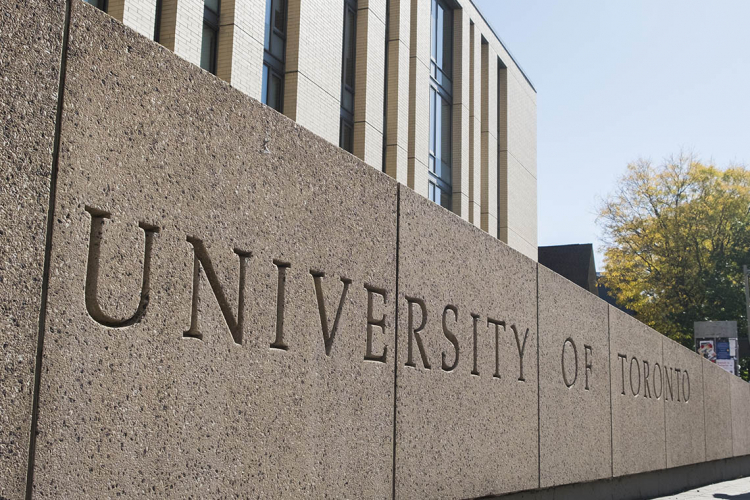U of T Entrepreneurship Week: Six startups working on COVID-19 innovations
From speeding up diagnostic testing to streamlining communications between health-care facilities and promoting hand-washing, University of Toronto startups are finding a number of ways to contribute to the fight against COVID-19.
Many U of T entrepreneurs pivoted quickly during the early days of the pandemic to help address a global health threat, demonstrating a capacity for innovation, flexibility and quick-thinking.
With Entrepreneurship Week underway, here’s a look at six U of T startups whose innovative products and services are helping shape the response to the pandemic.
Before COVID-19 vaccines could be developed, researchers needed to understand the coronavirus spike protein – the part of the virus that infects human cells. Thanks to software developed by Structura Biotechnology, they were able to do so at warp speed, without a lot of the trial and error that usually characterizes such efforts.
The company’s contribution was a software program called cryoSPARC that can quickly process data of the spike protein and generate 3D images, allowing scientists in academia and pharma alike to understand 3D protein structures.
Using cryoSPARC, which was spun out of research done by Ali Punjani while he was a PhD student in the department of computer science and was designed by alumnus Suhail Dawood, researchers at the University of Texas at Austin and the U.S. National Institutes of Health were able to quickly go from a raw sample to being able to produce an atomic scale map of the spike, according to research that was published in the journal Science.
“One of their novel algorithms, referred to as 3D Variability Analysis, provided insights into the dynamic motions of the coronavirus spike protein that are important for receptor-binding and membrane fusion,” Jason McLellan, an associate professor in molecular biosciences at UT Austin, told U of T News in February 2020.
“The work by UT Austin and the NIH demonstrates the power of structural biology,” Punjani said at the time. “We can actually look at a new disease that was discovered just a couple of months ago and see how it works at the molecular level. It’s very exciting.”
Structura Biotechnology’s product is already being used by hundreds of institutions worldwide, including the University of California, Berkeley, the Hospital for Sick Children in Toronto and several large labs.

